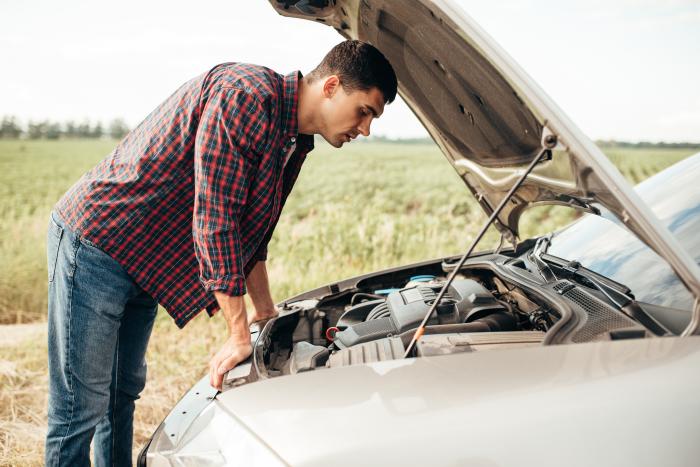September 11, 2018
What do you hear when you start your car and listen to your engine? Is it the savage roar of high performance? Or does it sound more like it is screeching for help?
No one wants to imagine their motor as crying. We’d much rather think of our engines purring down the neighborhood gracefully or chewing up the asphalt as we speed away.
Yet even the toughest of motors can have problems and give out sounds that make us want to help track down the troubles. Kidney Cars has assembled a quick guide to help you diagnose and remedy these seven common engine noises.
1. Piston Ring Noise
Sounds like: Clicking noise during acceleration.
Common causes: Low ring tension, broken rings, or worn cylinder walls
Try troubleshooting each cylinder by removing the spark plugs and adding a spoonful of engine oil to each cylinder. Now crank the engine quite a few revolutions to allow the oil to go down past the rings. Install the spark plugs and start the motor. If the noise is lessened then the rings are likely the source of the problem.
2. Piston Slap
Sounds like: Continuous muffled, hollow sound.
Common causes: Excessive piston-to-wall clearance, worn cylinders or inadequate oil.
A continued piston slap noise indicates that the engine needs service. If the sound is only heard when the engine is cold, it is probably not a serious issue.
3. Crankshaft Knock
Sounds like: Dull, heavy, metallic knock under load.
Common causes: Worn bearings; main, rod, or thrust.
Damaged or worn main bearing noise is loudest under heavy load. Check your oil dipstick for any metal reflections. Metal shavings in the oil is one of the first indications of your main bearing material sloughing off. Replace any worn bearings with new ones.
4. Valvetrain Noise
Sounds like: Regular clicking noise at half-speed.
Common causes: Excessive valve clearance or defective valve lifter.
You can check your clearances by inserting a thickness gauge between the lifter or rocker arm and the valve stem. If the noise is reduced, then the cause is excessive clearance and you will want to make the correct adjustments. If the noise persists, then it is most likely rough cams or worn lifter faces. You might also want to look for loosley moving lifters in their bores and weak valve springs.
5. Detonation
Sounds like: High-pitched metallic pinging noise.
Common causes: Improper timing, lean air/fuel ratio, or improper octane.
You can prevent detonation by increasing the octane level of your fuel, reducing manifold pressure, enriching the air/fuel mixture, or obstructing the ignition timing. Detonation can often be a common phenomenon in forced induction applications. For some operations, you can consider an aftermarket water injection system.
6. Connecting Rod Noise
Sounds like: Light knocking or pounding sound.
Common causes: Misaligned rod, inadequate oil, or worn bearing or crankpin.
A cylinder-balance test can single out the faulty connecting rod. With the engine running, this test essentially shorts out the spark plugs one cylinder at a time. Soon, you can narrow down the bad connecting rod as the sound will be lessened when its base cylinder is no longer delivering power.
7. Piston Pin Noise
Sounds like: Metallic, double knock at idle.
Common causes: Worn bushing, worn or loose piston pin, or inadequate oil.
Conduct a cylinder-balance test like described above to discover the distressed components.
Time for an upgrade?
If your car engine noises are something you aren’t able to or don't want to fix, you can always donate it to charity. Kidney Cars accepts all cars, no matter their condition.
Donating through Kidney Cars is swift and hassle-free:
- Give us a call at 800-488-CARS (2277) or fill out our convenient online form.
- Schedule a pickup time that suits your schedule, and your vehicle will be professionally towed for free.
- Receive proof of donation for tax purposes and know that your contribution makes a meaningful difference in the lives of those affected by kidney disease.
